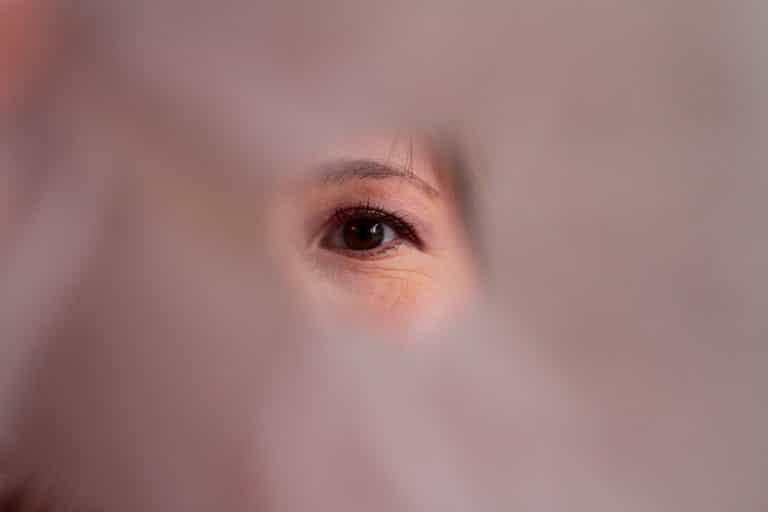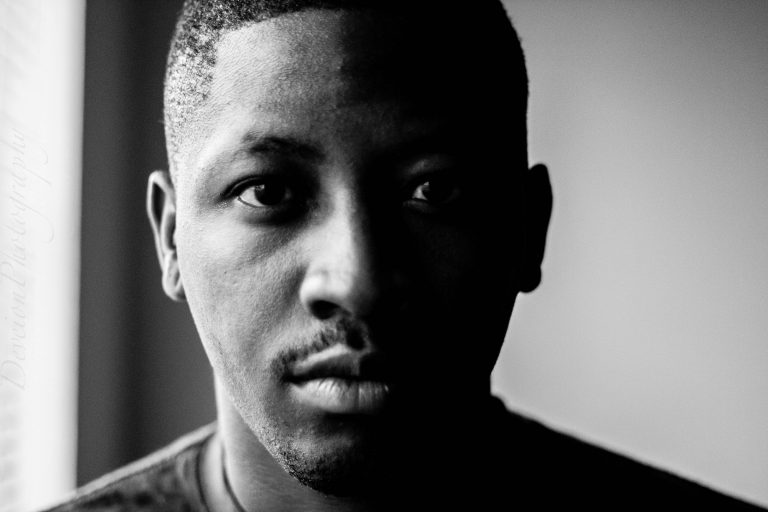
Image by Parker Knight/Flickr, Some Rights Reserved.
When Our Instincts Are Smarter Than Our Certainty
For much of my 20s, I entertained the idea of going to divinity school. I found myself gravitating towards ontological and ethical questions, an itch that was far less easy to scratch after I graduated from college. Plus, I knew very little about organized religion and figured there might be something valuable for me there; three-quarters of the world’s population is likely on to something, no?
I went to a few open houses at schools. I even went as far as putting application deadlines in my calendar a couple of years in a row. But it just never felt like quite the right thing.
Last weekend, deep into my 30s and walking around Oakland trying to get my baby to sleep, I listened to Krista Tippett’s recent interview with biblical interpreter, teacher, and pastor Eugene Peterson. She asked him about church and he said that he always recommends people find the closest, smallest one and invest for six months, no matter the denomination. When she pressed him on why, he responded:
“Because you have to deal with people as they are. And you’ve got to learn how to love them when they’re not loveable.”
And at just that moment, I stopped walking, took in the sun-dappled pick-up basketball game transpiring before me, and realized that I had found my divinity school after all: it is my interfaith cohousing community. Over the last four years, I have sat at Buddhist sanghas and prayed hand-in-hand with Christians and had lunch breaks with my neighbor, Kate, where we hash out all the ways in which writing and parenting are spiritual practices. When I pursued living in cohousing, it never once occurred to me that it had anything to do with my instincts to go to divinity school. But now I see that there was an intelligence at work that never breached my subconscious (until Eugene and Krista nudged it to the surface).
The part of me that yearned to understand how people come to their beliefs and live them every single day ended up kneeling in the garden next to a neighbor, not sitting in a desk listening to a professor.
It is one more piece of evidence that I usually ask the right questions and, most often, am woefully wrong about where to find the answers.
I don’t think it’s just me. I think this is one of those marvelous human foibles. We have, at least a lot of us have, awesome instincts. If we listen hard enough to our own hearts, we notice when the whispers become fervent little screams: “That! That! That’s what I want more of. That’s what I crave to understand. That’s the kind of person/mountain/book I want to be near. That’s the way I want to feel.”
But so often we assume too literal a shape for these instincts and pursue them, dumb and determined. I wanted to understand how people stay awake and live in a way that feels in line with some kind of value system, and so I assumed that divinity school was where one learns such things. In part, I was drawn to the prestige of the thing; is there anything more righteous sounding than pursuing a degree in divinity?! I probably would have stood two inches taller every time I said that ostentatious word.
Living in cohousing, on the other hand, doesn’t come with a diploma, but it sure as hell teaches you a lot about what makes people come apart and stick together, come apart and stick together. I wonder how much of that very human thing of answering the right questions in the wrong way is really about ego.
And how much of it is about fear? I love books. God, do I love books. But I have so often stuck my nose in them when what I really needed was to crash up against other human beings in an environment that I couldn’t predict or control. I always leave those encounters buzzing with my own betterment. Books can do that, too. (I have an almost erotic relationship with them.) But I do know that for many of life’s most complex and worthy questions, answers can only be found in the mess of being with other humans.
And the answers, finally, don’t usually fit into degree programs or retreats or New Year’s resolutions for that matter. They are not the kind of thing one can time. They dwell on another plane — the one where you can see all kinds of strange, luminous connections between things when you look back that you never could have sewn together while looking forward. We forget that so easily and start slamming our heads against closed doors, growing impatient and hurt over the world’s failure to rise up and meet us exactly where we are sure we are supposed to be. It’s like we pin down our most mysterious, beautiful instincts like butterflies that just aren’t dead yet.
Which I suppose is all to say, listen uncompromisingly to your instincts and never forget that you are divinely stupid about them. It’s one of the great surprises of this hugely surprising life.

